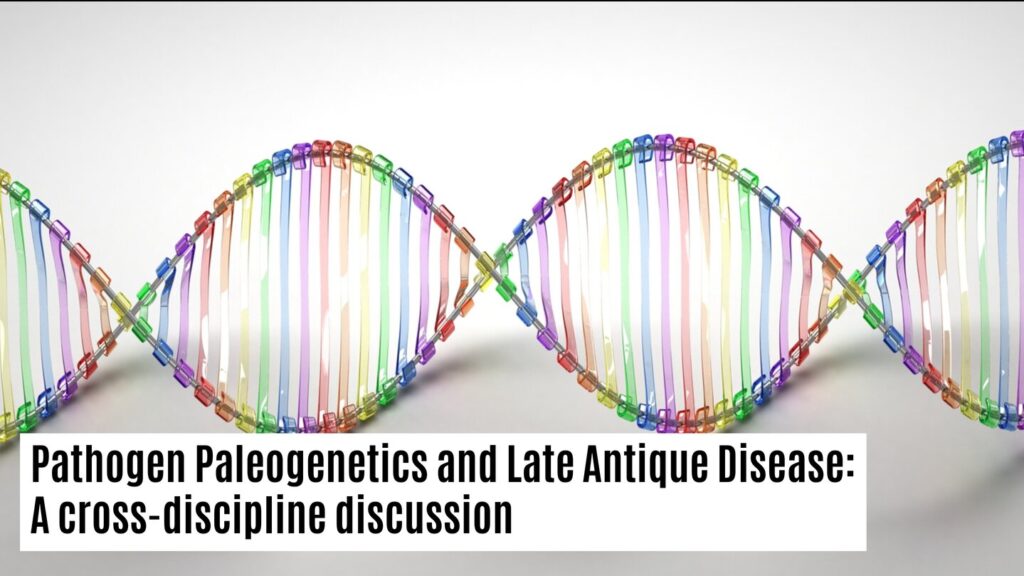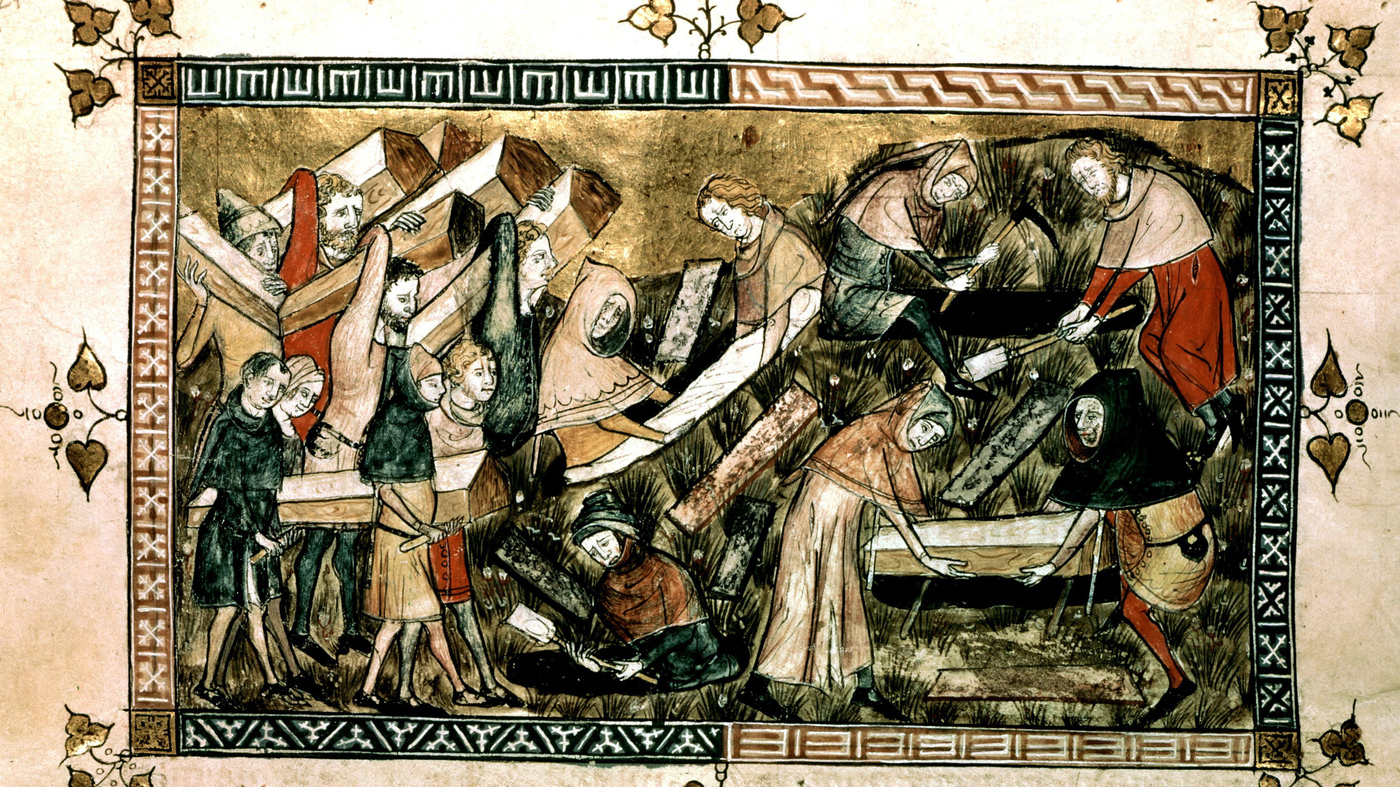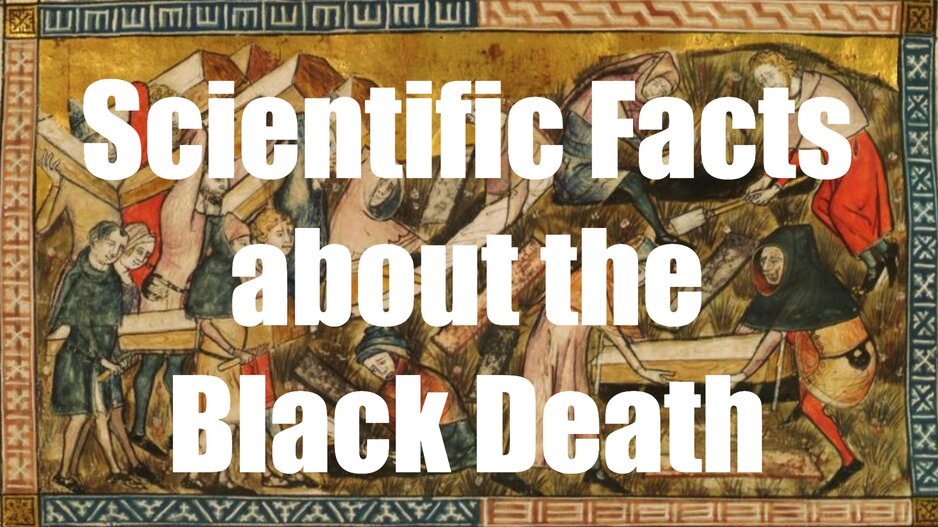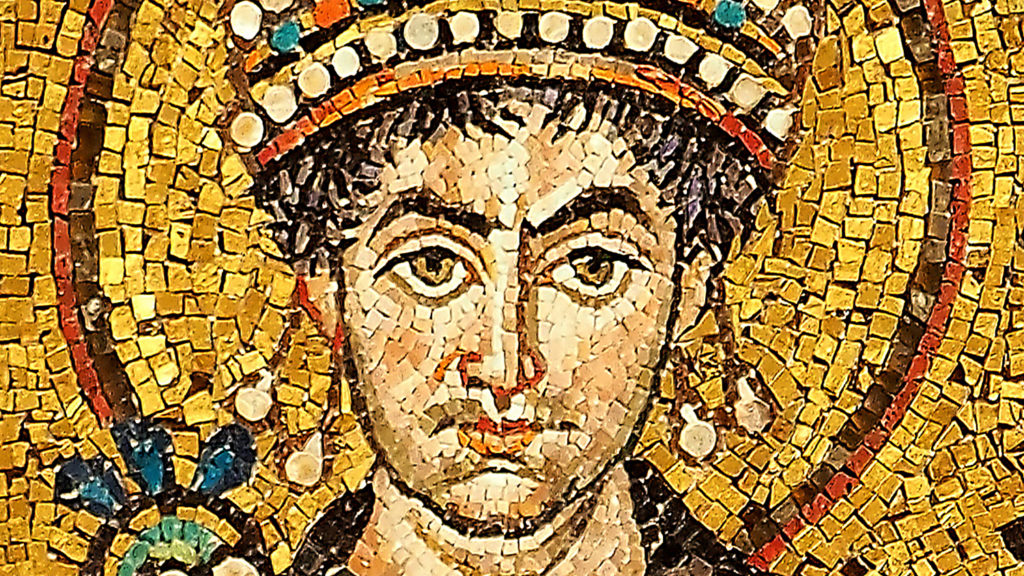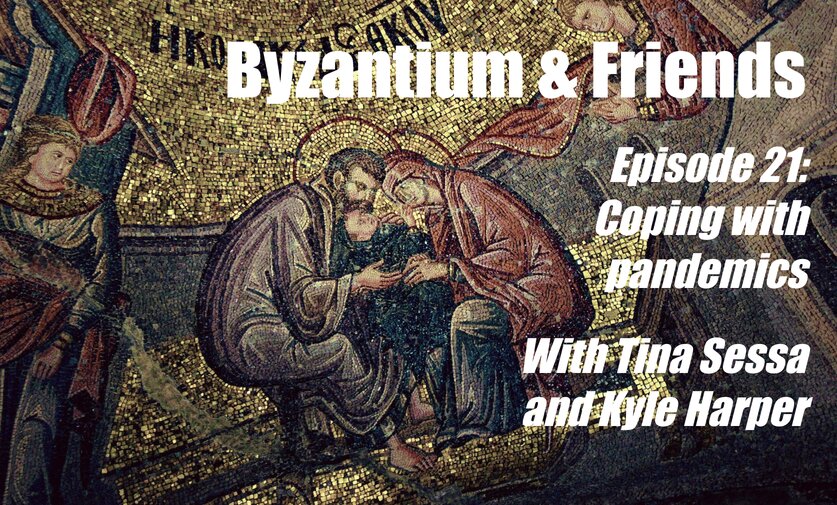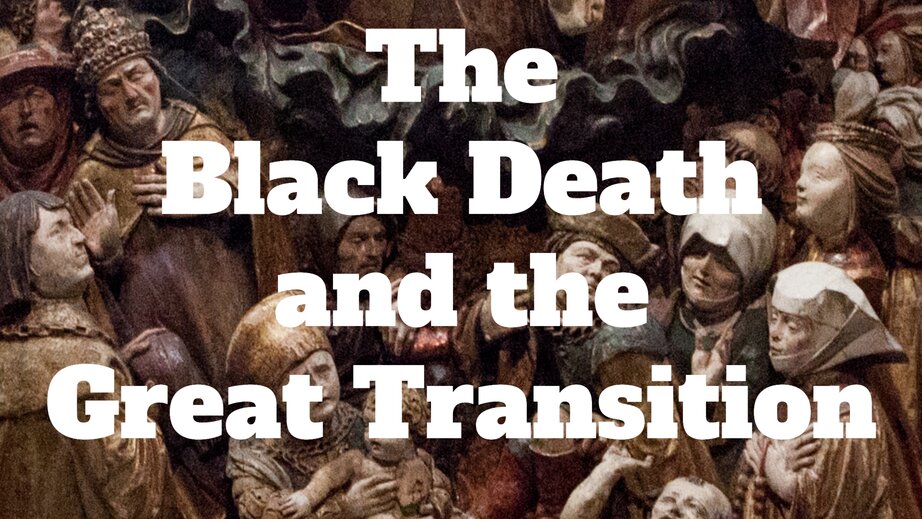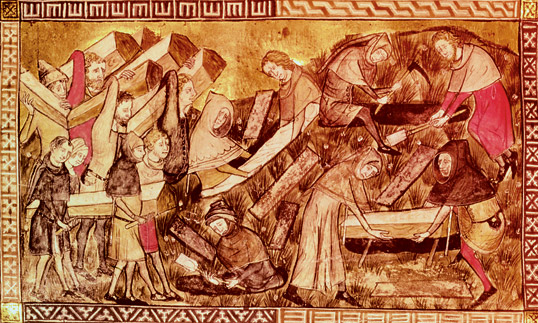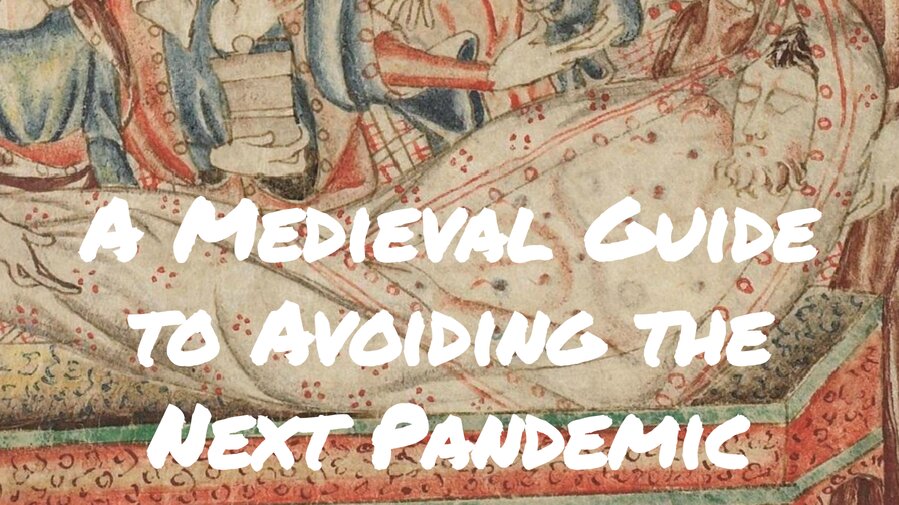English Towns Recovered from the Black Death Faster Than Expected, Study Finds
The Black Death devastated English towns, wiping out more than half their populations—but did they ever fully recover? A new study finds that urban centers like Nottingham rebounded much faster than previously believed, with migration and economic shifts driving their revival in the decades after the plague.
Study Suggests Plague Reached Britain Earlier Than Thought
Medieval historians have often downplayed how the First Pandemic, also known as the Justinianic Plague, affected Britain. A new study is challenging this notion, and even suggests that the plague may have struck the British Isles at least twice.
New Medieval Books: The World the Plague Made
At over 600 pages, this comprehensive study of the Black Death provides a global perspective on the pandemic and its aftermath. It explores how this medieval plague reshaped societies worldwide, creating both winners and losers in its wake.
Black Death Genomes: Uncovering Medieval Genetic Clues
A new project aims to uncover how genetic traits from the Black Death era shaped human populations, providing insights into disease susceptibility that may still affect us today. Led by Harald Ringbauer of the Max Plank Institute, the research team will analyze the genomes of 500 victims to link medieval and modern genes in an unprecedented way.
Pathogen Paleogenetics and Late Antique Disease: A cross-discipline discussion
A roundtable discussion of how the study of ancient pathogen DNA intersects with the study of disease in late antiquity. Can laboratory scientists and cultural historians find ways to interface given their different methods, data, concepts, and conclusions?
Body lice may have spread the Black Death more than previously thought
A new laboratory study suggests that human body lice are more efficient at transmitting Yersinia pestis, the bacterium that causes plague, than previously thought, supporting the possibility that they may have contributed to past pandemics. The research was published today in the open-access journal PLOS Biology.
The evolution of the Black Death pathogen tracked in new study
German and Danish researchers have identified genetic factors that were acquired by the pathogen Yersinia pestis as it evolved from its medieval version to the modern plague pandemic in the 19th century.
New Medieval Books: Merits of the Plague
Part of Penguin Classics, this is a translation of an early fifteenth-century work about the Black Death and plagues. Written in Egypt, it is a valuable addition to our understanding of the pandemic and how people reacted to it.
The Plague in Denmark: New research on its spread during the Middle Ages
Scientists who study the origins and evolution of the plague have examined hundreds of medieval human teeth from Denmark, seeking to address longstanding questions about its arrival, persistence and spread within Scandinavia.
New study examines the evolution of Yersinia pestis and how it led to the Black Death
The study features an analysis of more than 600 genome sequences from around the globe, spanning the plague’s first emergence in humans 5,000 years ago, the plague of Justinian, the medieval Black Death and the current (or third) Pandemic, which began in the early 20th century.
Scientific Facts about the Black Death
Here are nine scientific facts about the Black Death, ranging from when it started to the role of animals.
Black Death shaped evolution of immunity genes, setting course for how we respond to disease today
An international team of scientists who analyzed centuries-old DNA from victims and survivors of the Black Death pandemic has identified key genetic differences that determined who lived and who died, and how those aspects of our immune systems have continued to evolve since that time.
A Mediterranean Divide: Islamic versus Christian Experiences of the Black Death
How the disease was received in different areas, however, differed dramatically. This talk will present evidence from an epidemiological history of the Black Death as a pan-Afroeurasian pandemic.
(Bio)archaeological Approaches: Disease and Death in Early Medieval France
Reconstructing what happened, in France and across western Eurasia, during the first pandemic of bubonic plague in the Roman Empire and its neighbors from 541 to 750 AD.
The Black Death originated in present-day Kyrgyzstan, study finds
One of the most important questions about the Black Death, the pandemic that caused millions of deaths in the 14th century, is where and when did it begin. Now a new study is pointing to a trading community in Lake Issyk Kul, in what is now Kyrgyzstan, as the place where the pandemic started in the years 1338 and 1339.
Genghis Khan died of the plague, researchers suggest
On 18 August 1227, Genghis Khan, the founder of the Mongol Empire, died. Several stories have been put forward on what caused the ruler’s death, but a group of researchers now believe that he was a victim of the bubonic plague.
Renaissance or Resilience?: How Medieval Europe Recovered from the Black Death
In the fourteenth century, the world faced the greatest public health crisis in its history: a pandemic disease, caused by the bacterium yersinia pestis, which killed approximately 40-50% of the population of large parts of Asia, the Middle East, and Europe.
How deadly was the Justinianic Plague?
‘Plague sceptics’ are wrong to underestimate the devastating impact that bubonic plague had in the 6th–8th centuries CE, argues a new study based on ancient texts and recent genetic discoveries.
Coping with pandemics in Byzantium, with Tina Sessa and Kyle Harper
This episode looks at Byzantine reactions to pandemics. What was the threshold of social visibility for a pandemic anyway? What could the government do to help? What imaginative and social resources were activated in times of pandemic?
The Black Death and the Great Transition
How did the Yersinia pestis pandemic that ravaged Europe between 1347 and 1351, and then returned five times before the end of the century, spark the transition from the feudal Middle Ages to capitalist modernity?
First genetic evidence of the Black Death in southern Italy
Researchers have discovered 14th-century graves in southern Italy containing the remains of two men infected with Yersinia pestis, the bacteria responsible for the Black Death. It is the first genetic evidence that the pandemic reached the region.
Researchers learning how immunity to the plague developed
Scientists examining the remains of 36 bubonic plague victims from a 16th-century mass grave in Germany have found the first evidence that evolutionary adaptive processes, driven by the disease, may have conferred immunity on later generations of people from the region.
Epidemics in Medieval Iceland: The Evidence of Contemporary Annals
Elizabeth Rowe discusses how epidemics repeatedly struck the isolated community of Iceland in the later Middle Ages, and contemporary annals record them in ways that range from the horrifying to the humorous.
A Medieval Guide to Avoiding the Next Pandemic
One example from medieval England told readers all they needed to know to avoid getting sick during the next pandemic.
Did an epidemic cause a population collapse in Central Africa in the Early Middle Ages?
A new study published in the journal Science Advances shows that Bantu-speaking communities in the Congo rainforest underwent a major population collapse during the 5th and 6th centuries CE, probably due to a prolonged disease epidemic, and that significant resettlement did not restart until around 1000 years ago.




